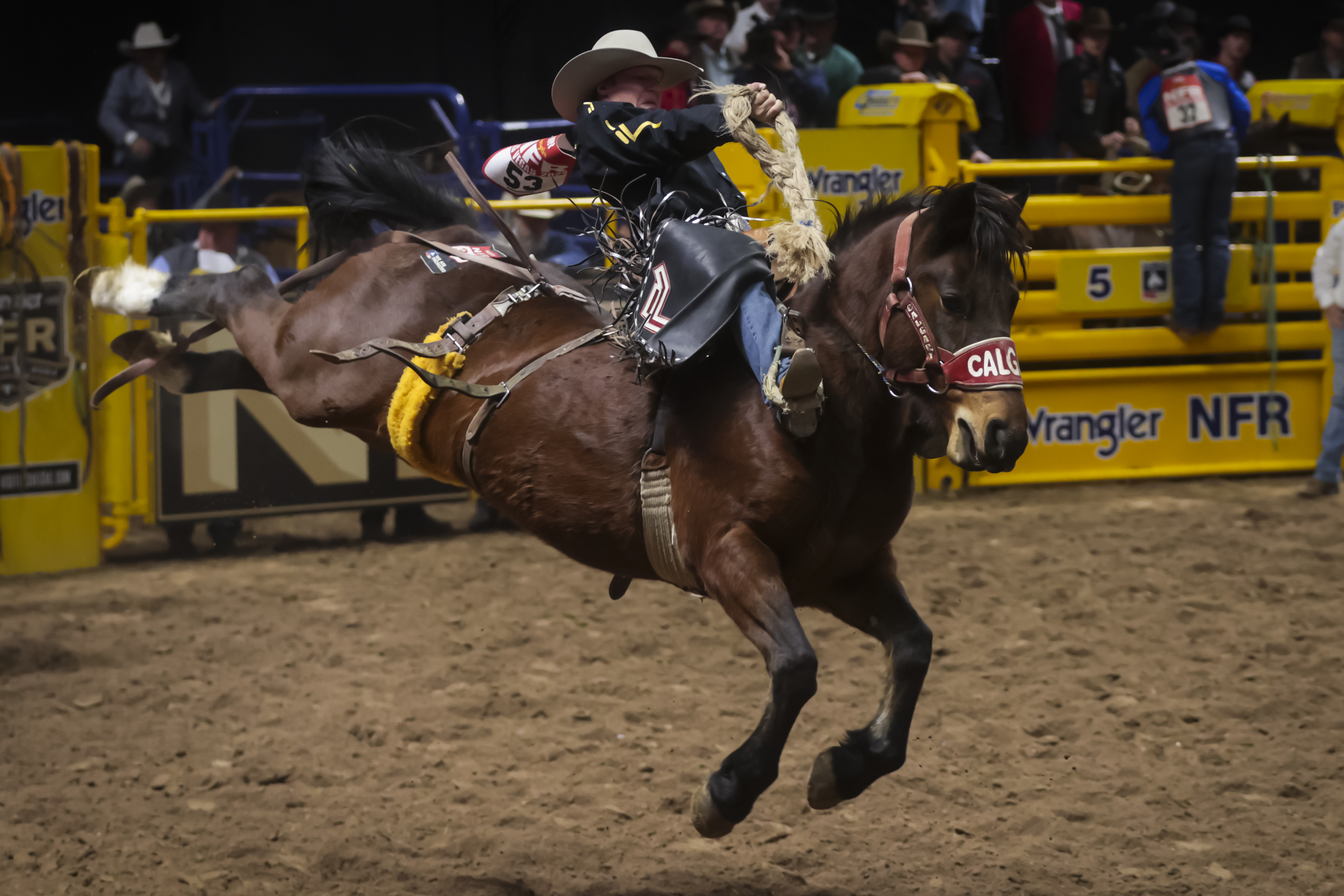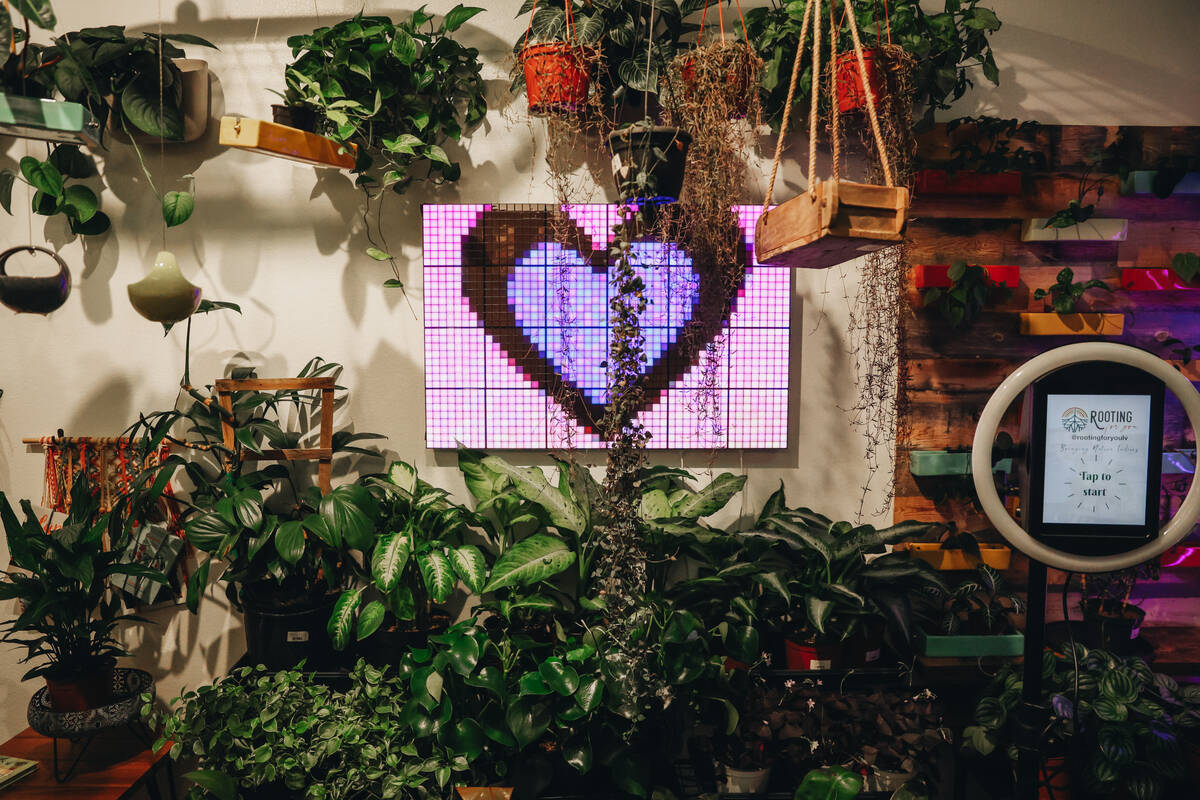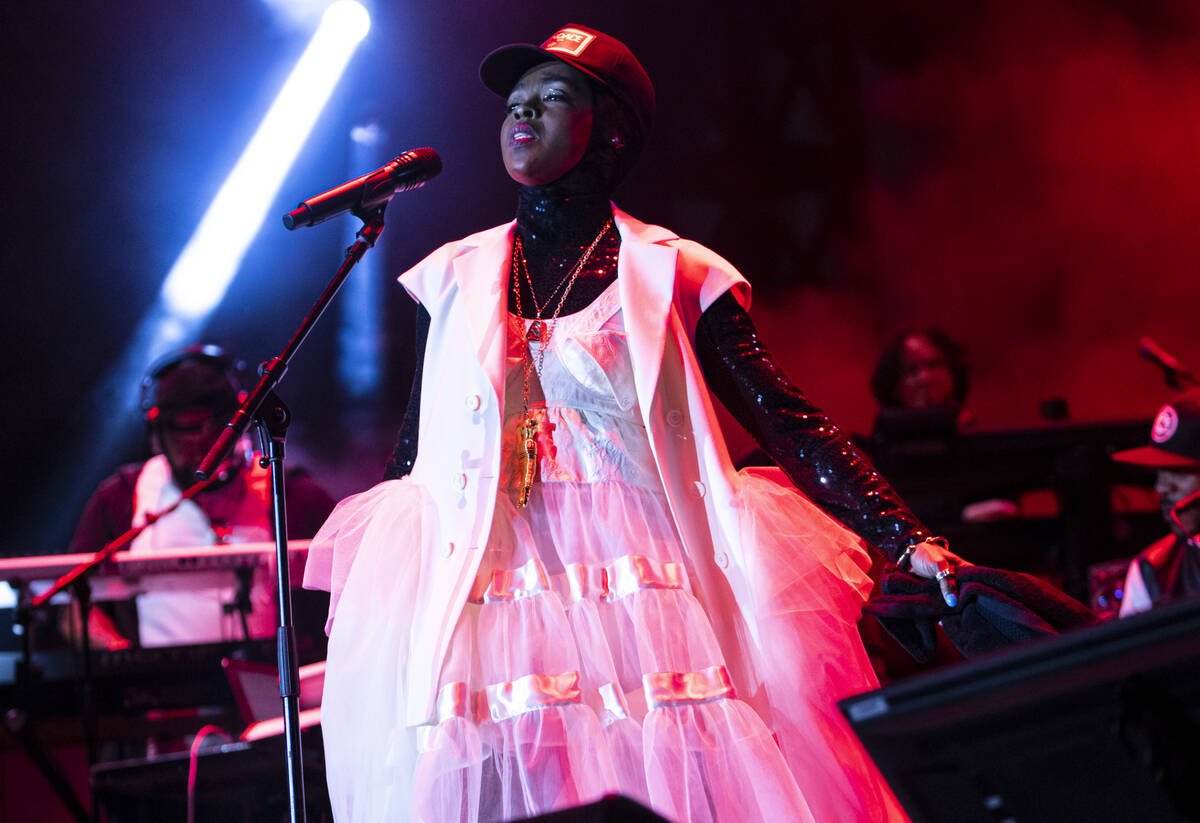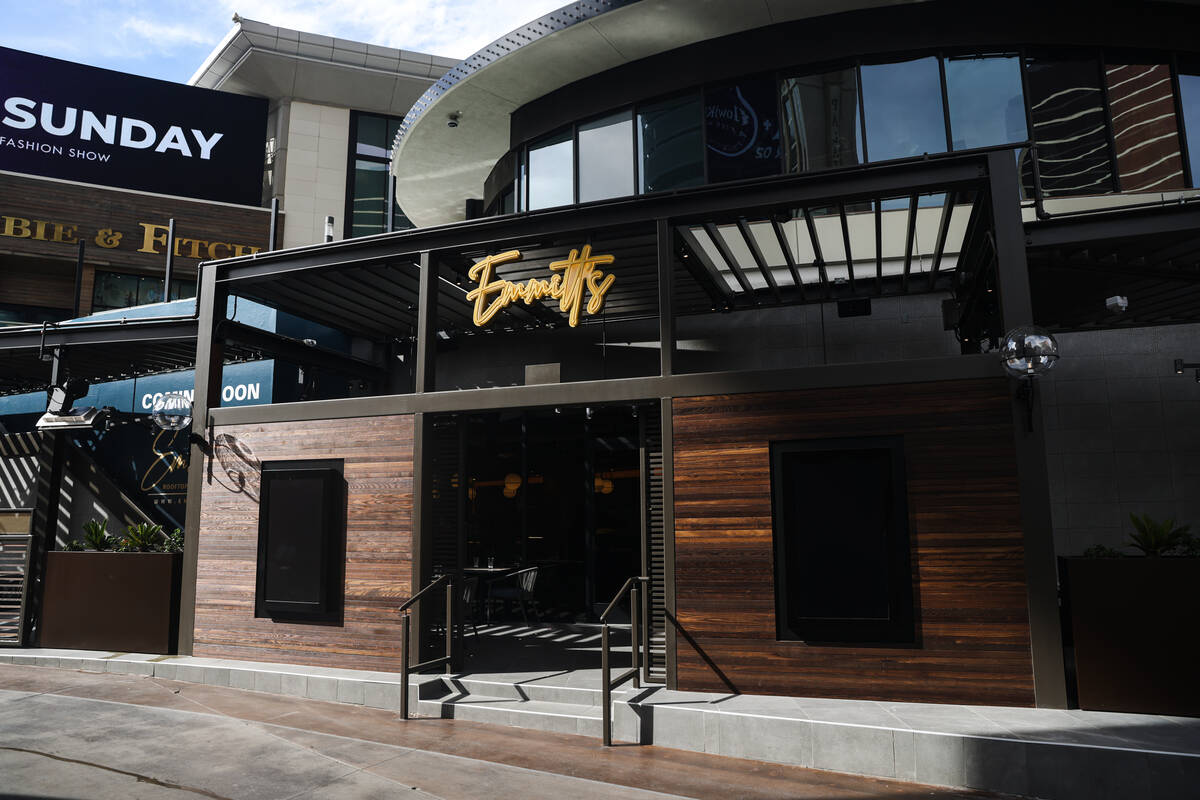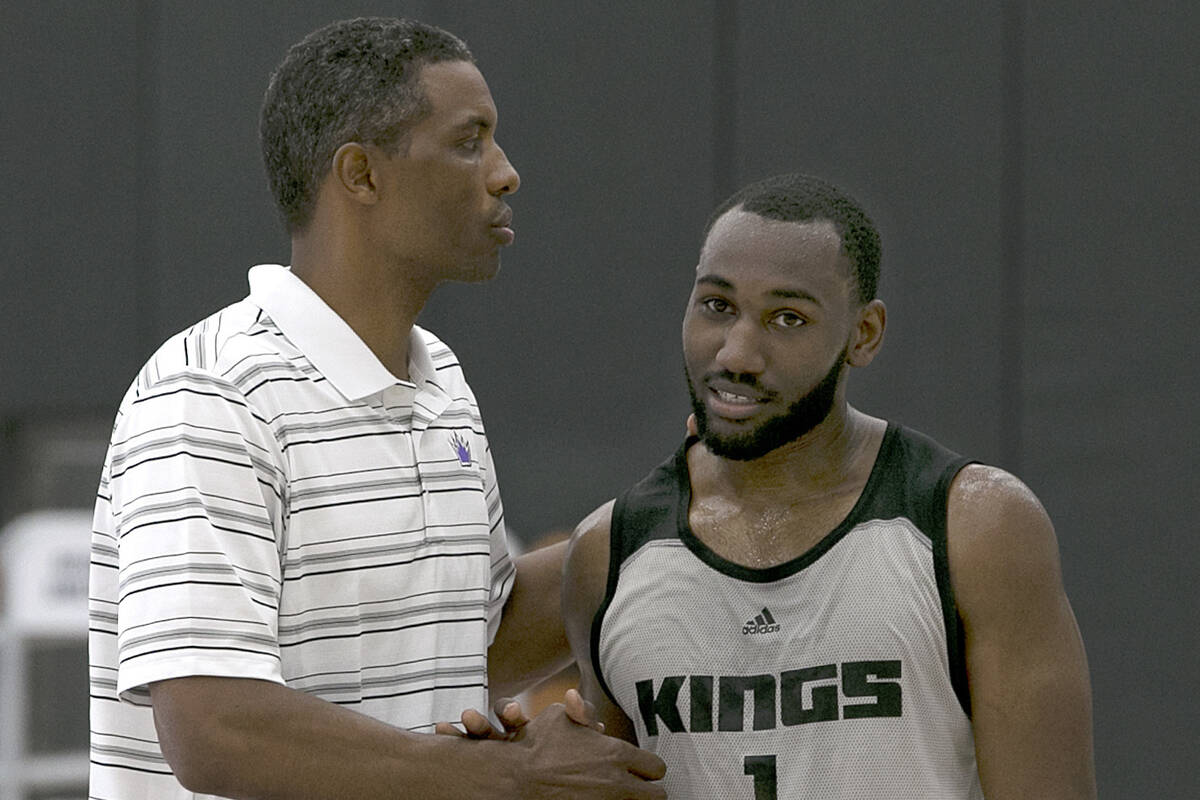LIB Block Party artist Toro Y Moi talks about entering his angst era and more
from: LasVegasWeekly.com

Chaz Bear, best known as the genre-defying Toro y Moi, switches his sound up more than he probably switches his socks. The 37-year-old Bay Area artist is a sonic chameleon, able to adjust from slithering synths and coolly applied basslines to guitar riffs and spindly percussion at the drop of a hat—or an album. On his eighth album, Hole Erth, Toro y Moi flexes his songcraft over auto-tune and with the help of Death Cab for Cutie’s Ben Gibbard and rapper Don Toliver. Ahead of his set at Life Is Beautiful’s Big Beautiful Block Party (Saturday, September 28, 7:15 p.m.), Bear checked in with the Weekly.
You’ve touched on hip-hop and R&B in the past, but Hole Erth feels like you fully committed to it. You brought some great rappers in, like Don Toliver and Kenny Mason. What compelled you to go full send on the hip-hop side?
It felt like it was the perfect time, in the sense of where I’m at in my life and career. It was something that’s been bubbling for a while, and I felt comfortable literally in my skin. It feels good to feel comfortable with yourself, to make these kinds of songs with confidence.
How do you feel about people referring to your albums as eras?
I think that’s a very astute observation. I do like to approach my albums as chapters, or maybe their own individual stories that have chapters within them. I try to make each one its own world. What I enjoyed about albums growing up is each Beach Boys album was its own thing, or each Weezer album was its own thing, especially the Beatles. Each Beatles album was its own thing. So it’s just learning from the greats, really, and pulling from what I think is substantial. I love albums with substance.
I really love “Tuesday” and “HOV.” These songs have rap elements but a lot more pop-punk influence. What inspired those tracks?
That was such an interesting turn in the process because it was not at all the intention. I wasn’t really trying to go toward this grunge sound at first. It started with all beats and programmed drums. It wasn’t until I did “Undercurrent” with Don Toliver where something clicked. I was like, okay, let me try adding bass and guitars to some of these other tracks that are just electronic at the moment or hip-hop. The BPM sort of synced up with the same BPMs as some of Blink [182’s] songs, or Good Charlotte. Culturally, it feels like that’s where we are. We are in this sort of angsty era, post-covid. Everyone wants to get back to it but also the turmoil of the world has people a little bit on edge. It’s a sound that can disrupt that.
I was surprised with some of the features. I never expected to hear Benjamin Gibbard on a Toro song.
A lot of people don’t know that I’m a Death Cab fan. That’s the world I grew up in, through this indie world. To have him sort of sign off on the record as well is a big [check mark] for me.
Why was he the perfect one for that song?
When I first made “Hollywood,” it reminded me of a Coldplay [song] or something. I was definitely hearing big, anthemic type sounds. When he first turned in something, it was just harmonies on the chorus. I really had to nudge him to get to write a verse. I told him the themes of the song, and how it’s not really a song bashing Hollywood. It’s a cautionary tale. It’s knowing yourself and being comfortable with yourself in tough situations. Jumping into Hollywood isn’t easy. To even touch on that theme felt like a … growing of sorts for me. I’ve never really touched on celebrity-isms in my music, partially because indie music is kind of distant from that. But I’m noticing that culturally, and because of the internet, it is all blending and merging into one sort of music sphere.
There’s a theme here with you feeling more comfortable in your own skin. Is that something you had to build up to?
It took me a long time to realize that ... notoriety will come with time. No matter how long you’re doing this, whether it’s good or bad art, it’s going to become notable just because of the amount of time you’re doing it. For the longest time, I thought throughout my career I was avoiding being as known. I was almost like, basking in the normalcy, just appreciating how normal my life still is. But over time, things get a little more intense. It’s not like I dislike any part of what the career brings to my life, but it’s more learning to roll with it. It’s learning to balance that normalcy, that family and domestic life, with the craziness of what this job or industry brings.
Has becoming a father affected how you approach music?
Not yet. If anything, I did want to make a record that’s not a sleeper. I wanted to make a record that’s almost like a commercial hit because I want this to sustain, and I want the best for my livelihood and my family’s livelihood. So, I put the folk and psych rock thing aside, just because I know what t
For photos and more details visit LasVegasWeekly.com

